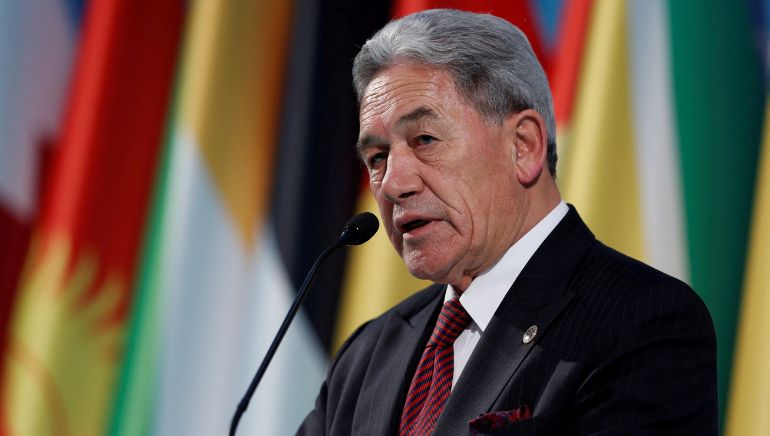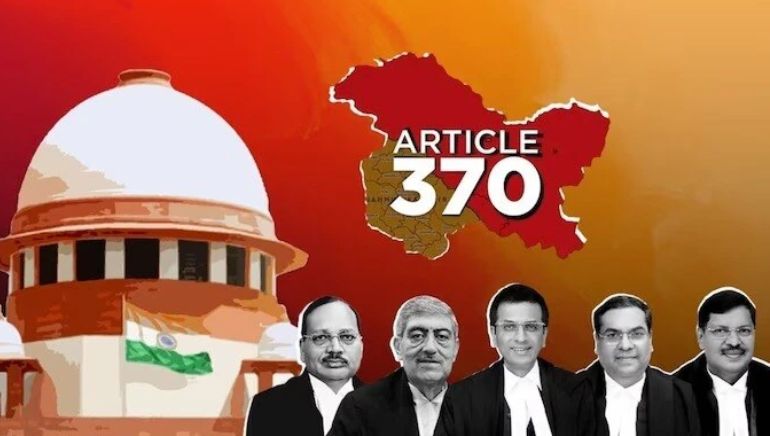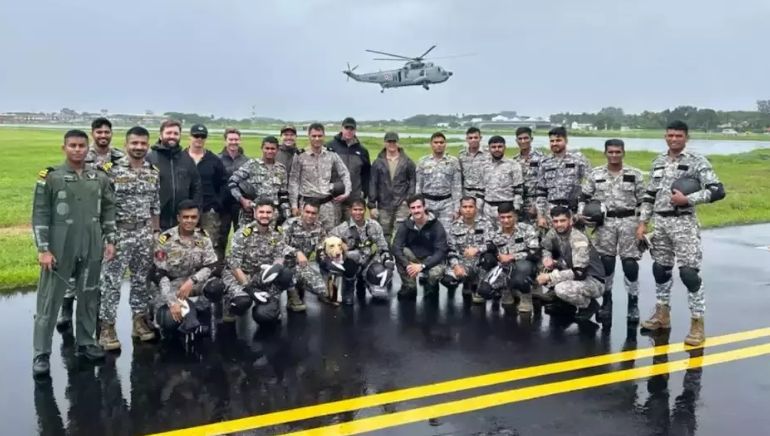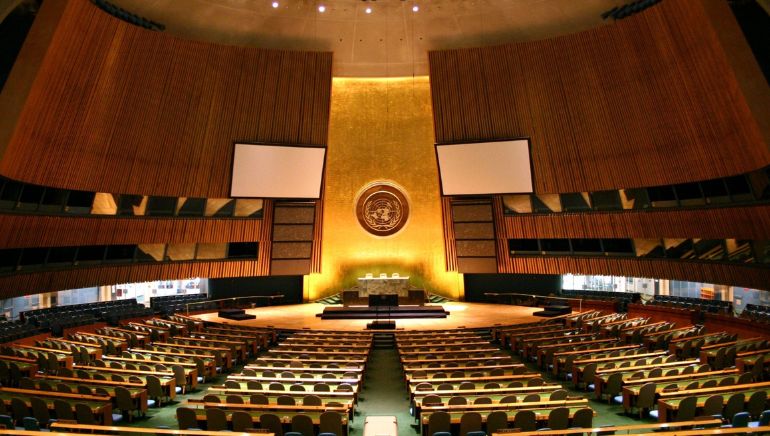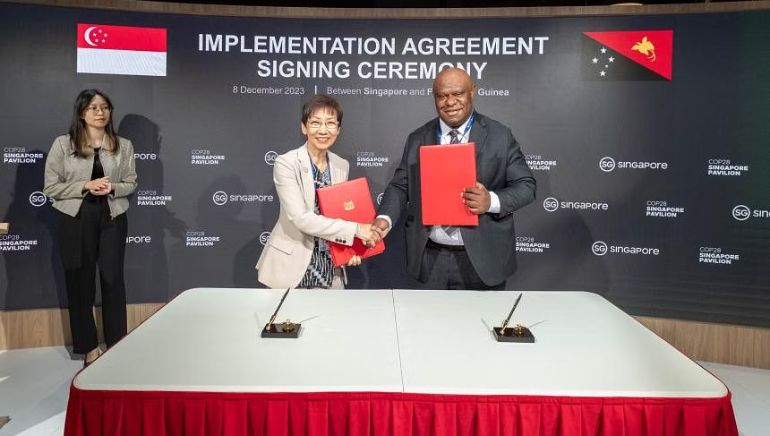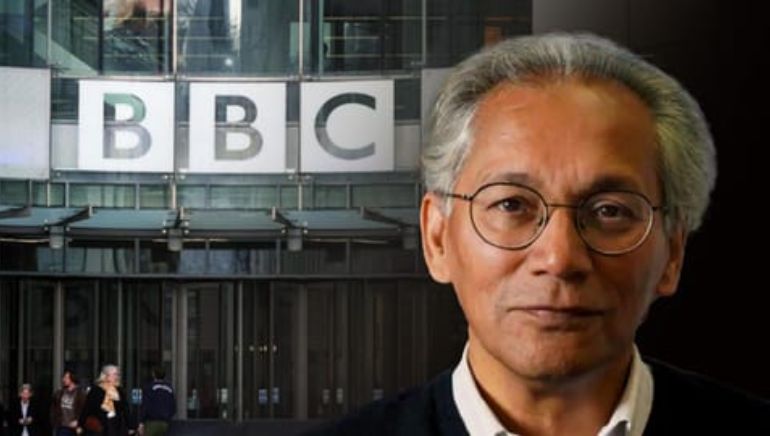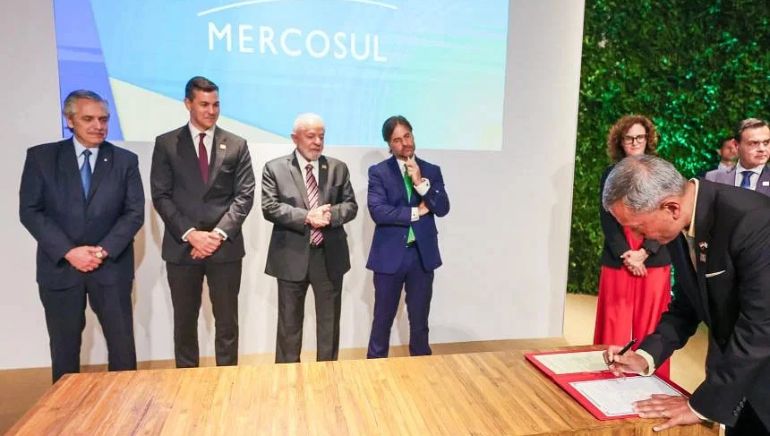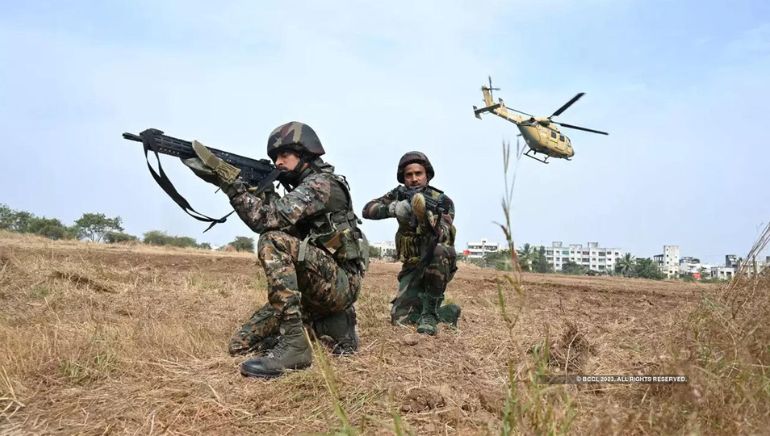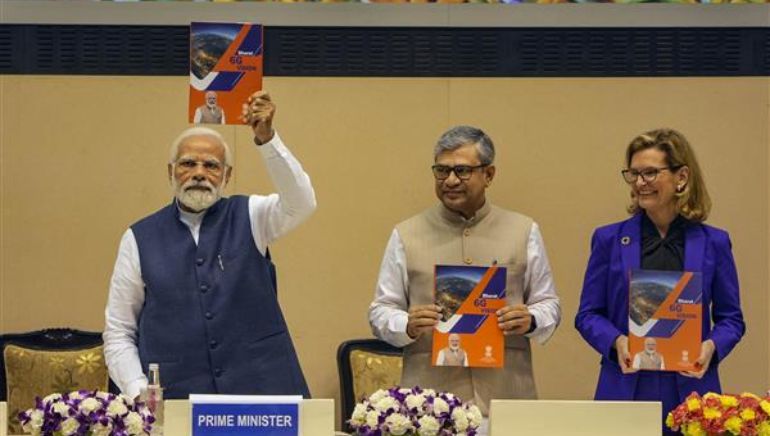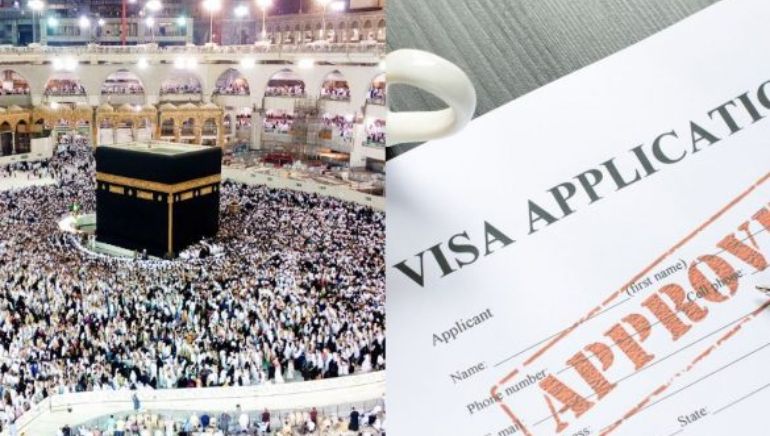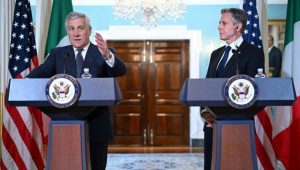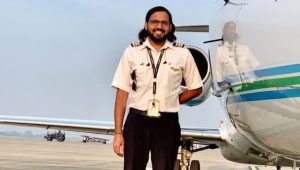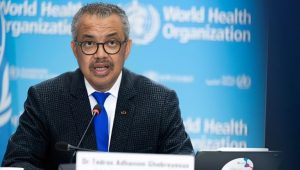New Zealand’s Foreign Minister, Winston Peters, announced on Monday a renewed commitment to strengthen ties with intelligence partners, including the United States, Britain, Canada, and Australia. The four countries, which together with New Zealand are known as the Five Eyes, have shared intelligence since World War Two, though the alliance has come under pressure in recent years.
Peters, a key figure in the right-of-center government led by Prime Minister Christopher Luxon, aims to bolster defense and security engagement, marking a departure from New Zealand’s traditionally moderate stance within the Five Eyes alliance.
Peters, a former foreign minister and leader of the populist New Zealand First Party, used his first major policy speech to highlight the government’s intention to revitalize security partnerships.
Addressing the diplomatic corps in Wellington, Peters emphasized the need for increased defense and security capabilities. New Zealand’s stance on China, a significant player in the South Pacific, is expected to evolve, reflecting a more assertive position in response to China’s growing presence in the region.
Peters also acknowledged the importance of improving relations with Asian nations, singling out India as a country with which New Zealand seeks stronger ties.





